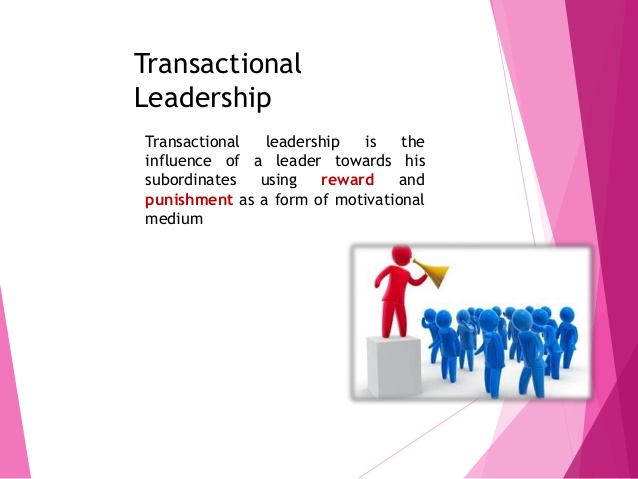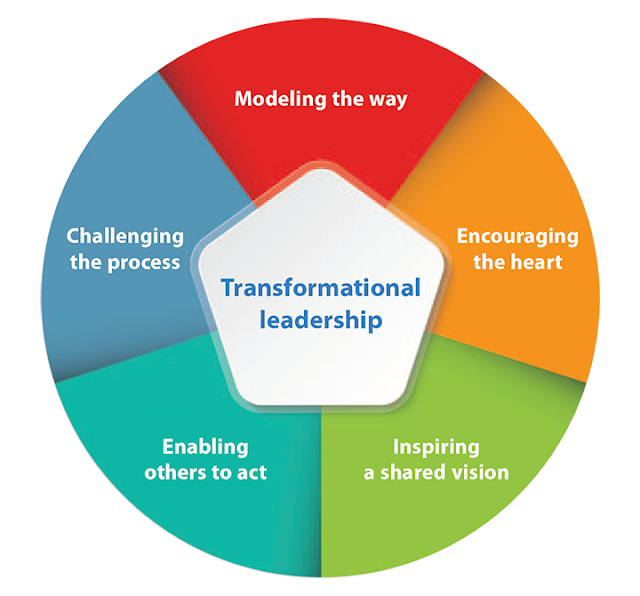Leadership in business is the capacity of a company's management to set and achieve challenging goals, take fast and decisive action when needed, outperform the competition, and inspire others to perform at the highest level they can. Part of your leadership definition to keep in mind is that leadership takes many forms. Most obviously, it can look like one person leading a group of people on a path to a particular goal. But leadership is also how you, as an individual, choose to lead your life.
Importance of Leadership
Leadership is important because it sets a clear vision and communicates effectively to subordinates/colleagues. The clear vision gives them a better understanding of organisational direction and makes them realise their roles and responsibilities. Leadership plays an important part in the success of any organisation. In the absence of effective leadership no organisation can work efficiently. An organisation is created with the purpose of achieving certain objectives through a human group; it becomes essential to control this human group.
some of importances of leadership in points are:
(1) Helps in Influencing the Behaviour of People.
(2) Helps Followers in Fulfilling their Needs.
(3) Helps in Introducing Required Changes.
(4) Helps in Solving Conflicts Effectively.
(5) Helps in Training and Development of Subordinates.
Types of leadership
- Delegative Leadership
- Autocratic Leadership
- Democratic Leadership
- Transactional Leadership
- Transformational Leadership
1. Delegative Leadership: Delegative leadership is a management strategy geared toward sharing knowledge and responsibility across many levels of an organization. Delegative leadership can take the form of an entirely hands-off approach, giving managers and team members complete control over work processes and outcomes.
2. Autocratic leadership: Autocratic leadership, also known as authoritarian leadership, is a leadership style characterized by individual control over all decisions and little input from group members. Autocratic leaders typically make choices based on their ideas and judgments and rarely accept advice from followers.
3. Democratic leadership: Democratic leadership, also known as participative leadership or shared leadership, is a type of leadership style in which members of the group take a more participative role in the decision-making process. This type of leadership can apply to any organization, from private businesses to schools to government.
4. Transactional leadership: Transactional leadership is a style of leadership in which leaders promote compliance by followers through both rewards and punishments. Through a rewards and punishments system, transactional leaders are able to keep followers motivated for the short-term.
5. Transformational leadership: Transformational leadership is a leadership style in which leaders encourage, inspire and motivate employees to innovate and create change that will help grow and shape the future success of the company.












![[Latest] Best WhatsApp Dare Games (2019)](https://blogger.googleusercontent.com/img/b/R29vZ2xl/AVvXsEhrUxzyAlXw3C_UPtGkqRf5JWrdJMxTWdmjvEYlTfdOAdhANPJ0jAUYbwCHtwH7yKCR8EclV3uedOPgNWMLQ_9mXvZtwqfb9TxRizNRjQ78vdvt1USpSTP5tELiDszo6T1lSm22uwq1pHTh/s72-c/aaa.png)






No comments:
Post a Comment